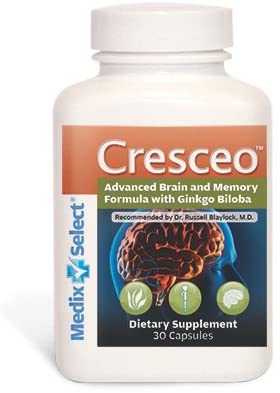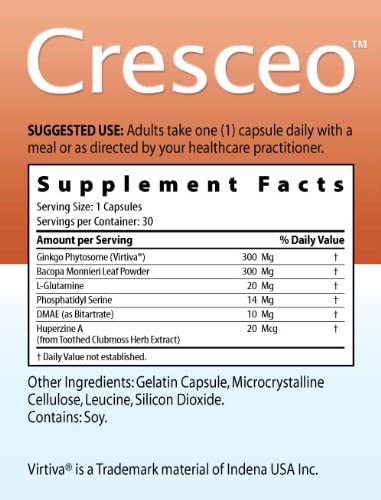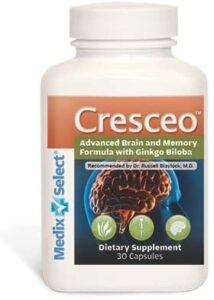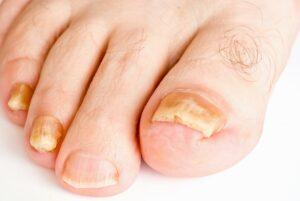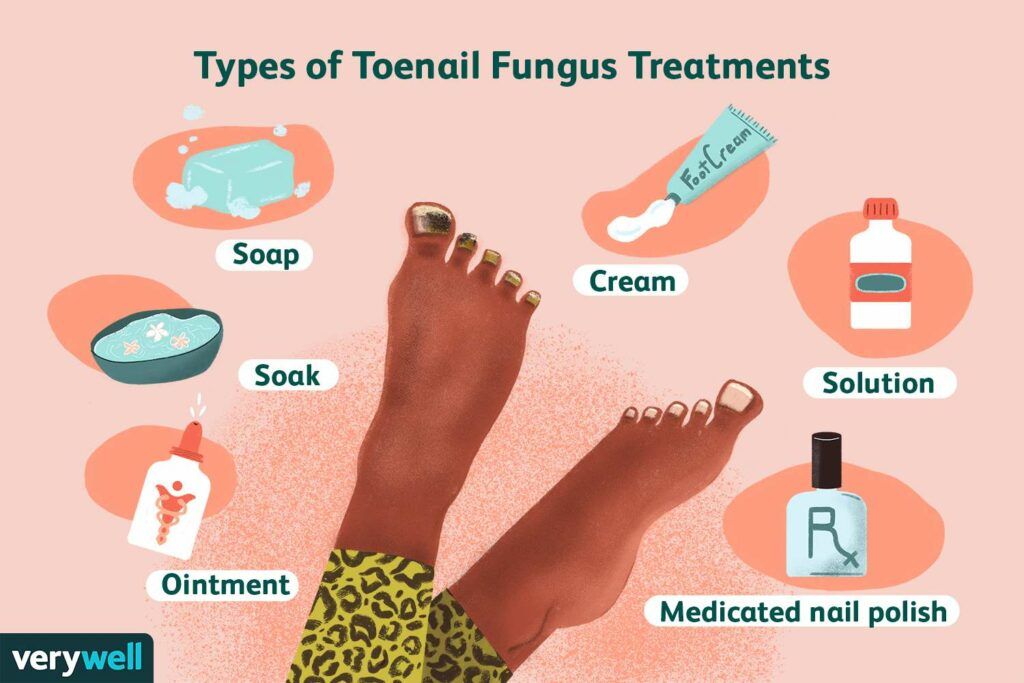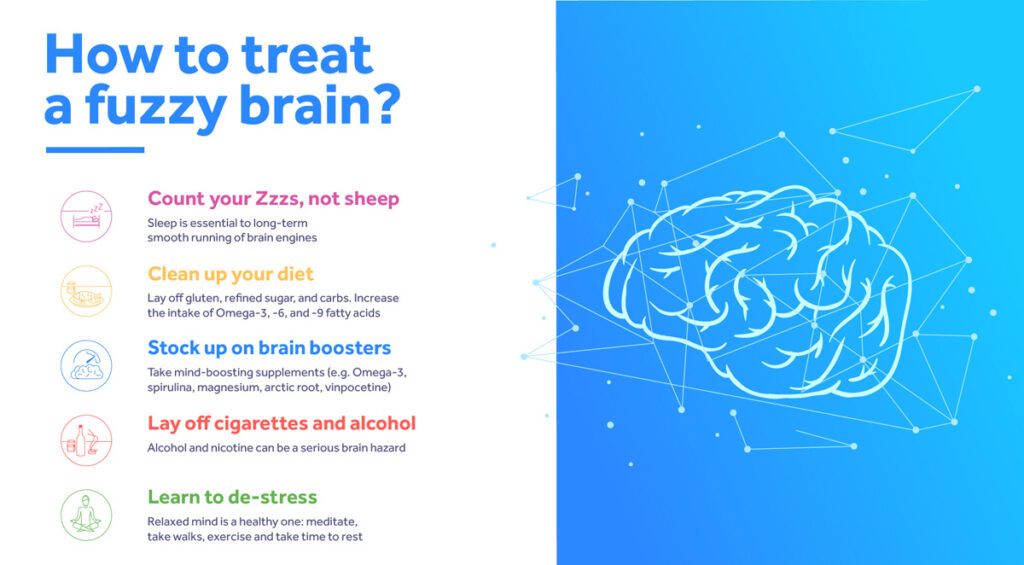Recently, we published an article on this website entitled, All about Dental Care that focused on the importance of dental care. With this article, we address a specific dental issue, the dental fistula.
What is the Dental Fistula
Bacteria can contaminate and infect different regions of the teeth or gums, causing the area to fill with secretion (a.k.a. pus) and create what is known as an abscess. If the secretion from a contaminated area has nowhere else to go, it will occasionally form a new pathway to the tooth or gum surface. This new canal for the secretion to drain is called a dental fistula.
What Causes the Dental Fistula?
Fistulas take place when the discharge from an abscess produces pressure and is unable to drain properly. But what causes the infection to lead to an abscess in the first place?
The most common causes of an abscess at the root of a tooth are:
- Improper dental hygiene
- A former dental treatment (including after a root canal)
- Injury
Notice that improper dental hygiene is at the top of the list. Therefore, an individual is more likely to cultivate an abscessed tooth and a resulting fistula if there is an improper dental routine, as well as a diet that is high in sugar or suffers from a dry mouth.
What are the Symptoms of a Dental Fistula
It is important to note that a fistula alone may not be painful, or the pain from the abscessed area may come and go. Regardless of the discomfort level, it is recommended to schedule a visit with a dentist or dental hygienist. They are the best at identifying infection and offering the best treatment that is needed.
The symptoms of a dental fistula can include:
- The appearance of a small bump on the gums (otherwise known as a gum boil). It may vary by appearing and disappearing, which is an indication that infection does exist and the body is using the fistula to drain it. So it is best not to ignore the bump!
- A discharge of secretion into the mouth, occasionally with an unpleasant bitter taste
The symptoms from an abscessed tooth will probably be easier to identify. These can include:
- Inflamed lymph nodes in the neck or jaw area
- Fever
- Painful toothache that pulsates or radiates to the ear or neck
- Swelling
- Tooth sensitivity
In the event difficulty breathing or swallowing is experienced, it is crucial to seek immediate medical attention or dial 911.
How to Treat the Dental Fistula
Whether or not an abscess has a fistula, it is imperative
to seek treatment as soon as possible. Once an infection has advanced to this level, it will not heal on its own and need professional treatment. Untreated infections may spread, worsen, and lead to serious and potentially life-threatening complications. Without care, the infection can proceed to the jawbone and affect other parts of the body.
For the reason that abscesses cause dental fistulas, there is not much an individual can do to treat them directly on their own. Treatment for a fistula will include getting to the bottom of the fundamental cause of the abscess and infection.
According to science, remedy for a tooth abscess can include:
- A root canal or extraction of the distressed tooth
- Draining the secretion from the area of infection
- An antibiotic prescription to treat the underlying infection
There are some steps an individual can take to decrease the discomfort or pain while waiting to see a dental professional. Bear in mind that these steps do not treat the underlying cause of these symptoms, and treatment is still required.
- Apply a cold compress to the area of the cheek nearest to the painful area
- Continue the normal oral care routine gently as not to further irritate vulnerable areas
- Take over-the-counter pain medications(Tylenol, Motrin, etc.) as prescribed or instructed on the packaging
- Flush or rinse with warm (but not hot) saltwater
Even though bacterial infections are the cause of tooth abscesses and dental fistulas, don’t take antibiotics without a prescription. Dental professionals will not prescribe these medications all of the time, as they are not always necessary nor the best option for every situation.
If Left Untreated
We frequently underestimate a small scratch; however, we should never do the same when it comes to toothache and tooth root infections. When experiencing a throbbing toothache, we should never hesitate to see a dentist, particularly if the gums are already swelling.
Bone Infection – The first target of bacteria is the bones surrounding the infected tooth, including the jawbone. Bone infection or osteomyelitis is the inflammation of the bone marrow or the bone because of the bacterial infection that ran through the bloodstream.
Severe cases of osteomyelitis are extremely painful and damage the bone structure. The worst case is when the bacteria win over the body and becomes life-threatening. The treatment consists of a string of antibiotics and antifungal medications that can last from four to six weeks.
Infection of blood vessels in the sinuses – Cavernous Sinus Thrombosis is the inflammation and infection of the blood vessels in the sinuses that result in a blood clot at the base of the brain. It is a rare and grave disorder where the infection from the eyes, nose, ears, or teeth travels through the veins around the face and causes more facial disorders.
It is extremely dangerous and should be treated without delay upon identification. The most favorable way to remedy this disorder is to identify the origin of the infection through a sequence of tests and drain the disease-causing bacteria.
Skin and fat infection (Cellulitis) – Cellulitis is the inflammation and infection of the inner layer of the skin next to fat. Cellulitis can surface in the face, breast, or anus. For facial cellulitis, there will be redness around the cheeks, nose, and eyes. It is painful and may lead to sepsis, which is a life-threatening condition (more to follow).
Cellulitis occurs when the bacteria from a tooth root infection travels through the veins on the skin and spreads the bacterial infection to the area. Mild cases of cellulitis will take up to two weeks of oral antibiotics, and severe cases can finish up with longer antibiotic treatments.
Parapharyngeal abscess – Parapharyngeal abscess is an infection that establishes itself at the deep part of the neck near the hyoid bone or the bone near the Adam’s apple. Swelling of the infected part can obstruct the airway and cause a patient to have breathing difficulties.
Signs of a Parapharyngeal abscess consist of a sore throat, fever, and puffiness of the neck. It is diagnosed by way of a CT scan and taken care of surgically to drain the abscess in the throat. If left undetected, the abscess can travel down to the carotid artery and becomes even more life-threatening.
Sepsis or blood infection – Last but certainly far from least, the most lethal consequence of untreated tooth root infection
is sepsis. It occurs when the bacterial infection has spread through the entire bloodstream, and the immune system triggers a system-wide inflammation that can rupture the organs and block arteries.
When there is not enough blood flow through the body, blood pressure will drop, and the kidneys, lungs, and liver will fail due to septic shock. Nearly all of the medical conditions related to the spread of bacteria in the blood can lead to sepsis.
As you can see, one infected tooth can have severe consequences. Therefore, tooth root infection can be a deadly condition and should never be taken lightly.
How to Prevent the Dental Fistula
The fact is that there is no mysterious solution for avoiding infection or the abscesses and fistulas that can occur from it. The best solution is to practice proper dental hygiene and sustain a healthy diet as part of a routine to prevent tooth decay and the resulting abscesses.
Abscessed teeth can be prevented by:
- Brushing the teeth for two (2) minutes twice a day and using a flossing device once daily
- By using a fluoridated toothpaste, mouthwash, or water (nearly all tap water has fluoride!)
- Rinse with an antiseptic mouthwash such as Listerine
[affiliate link] daily. - Maintaining a healthy diet that limits overly acidic or sugary foods [Sugar adheres to the teeth and forms acid that damages tooth enamel]
- Using sugar-free gum or ingesting dairy products to aid the promotion of saliva
- Maintain a regular schedule with a dental professional (at least once a year).
If an individual should have a dental fistula or abscess, it is recommended that a dental appointment be made as soon as possible to treat the underlying issue. While it may be stressful to visit a dental professional, however, it will be a great choice for good health.
Maintaining good dental health cannot be stressed enough for overall good health as well as the prevention of more serious consequences.
Questions, comments, and concerns are welcomed below.
Good Health!!
